
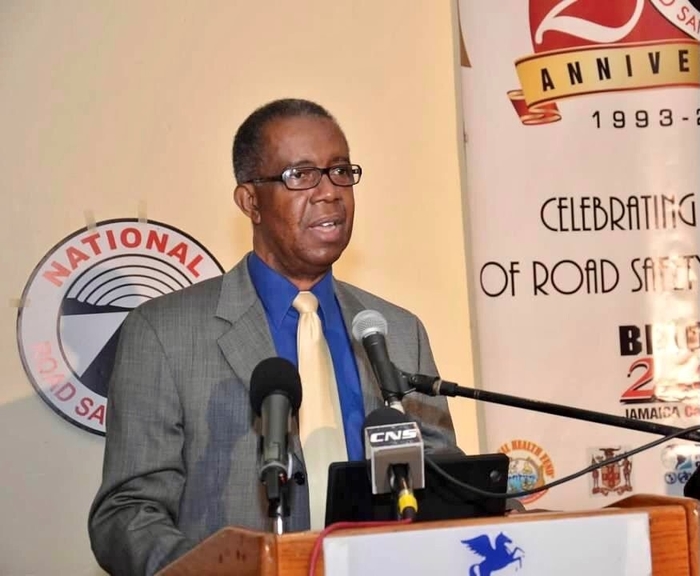
As Jamaica prepares to commemorate the World Day of Remembrance for Road Traffic Victims this Sunday, the National Road Safety Council (NRSC) is acknowledging the contribution of its stakeholders who are undertaking activities in a bid to achieve a 50% reduction in road fatalities by the year 2030, the primary goal of the United Nations Second Decade of Action for Road Safety.
The key areas of progress include police enforcement, improvements to the traffic ticketing system, operationalising the Road Traffic Act, and emergency response.
Jamaica fully endorsed the UN’s Second Decade of Action in 2021, but has had challenges stabilising road crashes and fatalities. With less than six years remaining for the goal to be achieved, Dr Lucien Jones, Vice-Chairman/Convenor of the NRSC is cautioning that there remains a lot of work to be done to make the nation’s roads safer and to reduce fatalities.
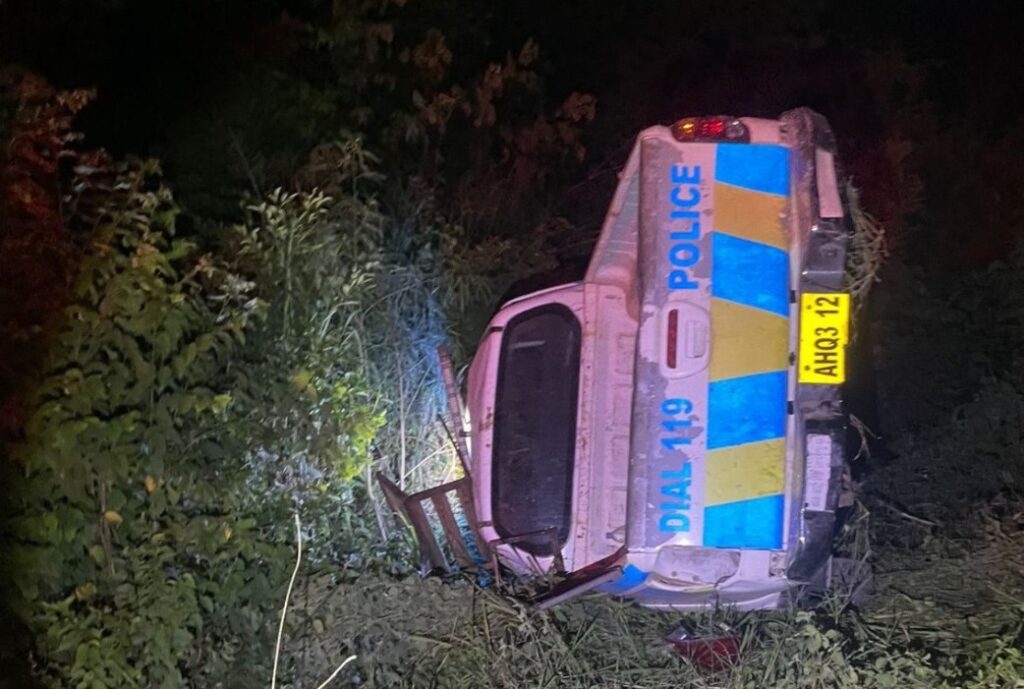
Dr Jones revealed that achieving the 50% reduction translates to the road fatality rate being reduced to 217 by the year 2030. It means there is still a need to push for proactive and multifaceted initiatives to move the needle towards the UN goal. According to Dr Jones, one life lost to road crashes is one too many. “Thousands of Jamaicans are injured on our nation’s roads every year,” he said. “Many are left with life-changing disabilities that significantly alter their lives, often presenting a strain on caregivers and family resources.”
Currently, Jamaica is averaging a 10 per cent (10%) downward trend in road fatalities. To date, there have been 319 fatalities from a total of 276 fatal crashes this year, compared to 366 fatalities from 332 fatal crashes in 2023. The current fatalities include 105 motorcyclists – the leading group of vulnerable road users, 59 pedestrians, 20 child deaths (0-18 years old), 14 pedal cyclists, and nine pillion passengers. In 2021, Jamaica had 487 road fatalities; followed by 488 in 2022, and 425 in 2023.
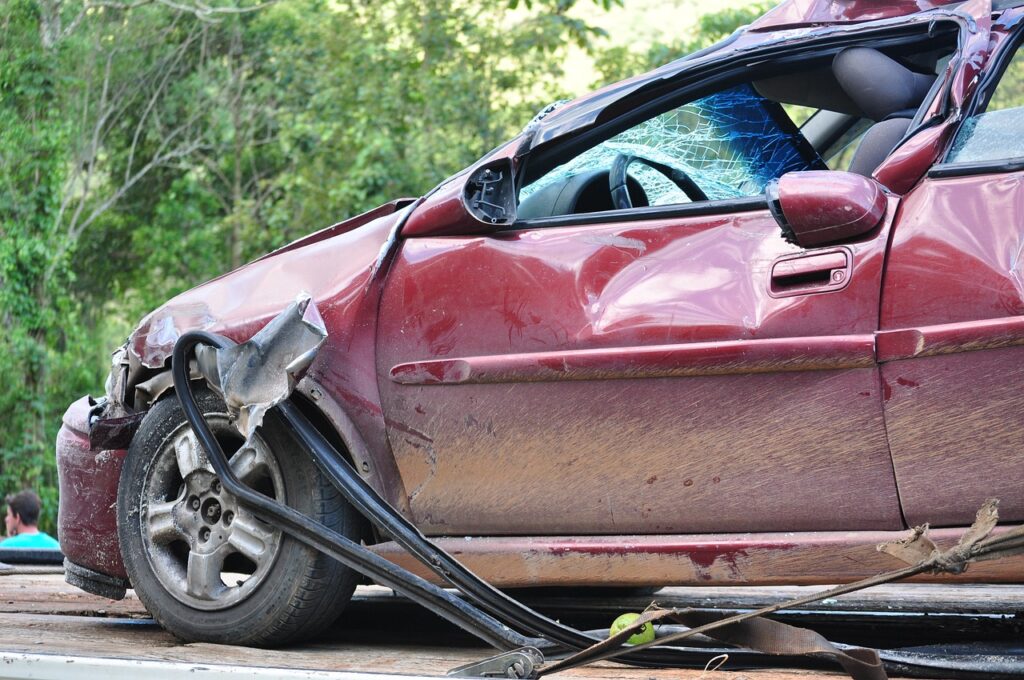
Dr. Jones, Chairman of the Project Steering Committee for the National Helmet Wearing Coalition (NHWC) launched in March to address Jamaica’s high motorcyclist death toll, said there have been encouraging developments to drive a positive change for riders. “We are working with our NHWC partners to help motorcyclists make safer choices, like wearing their helmets and appropriate safety gear that will bring them home to their families,” he said.
Data from the Island Traffic Authority, Road Safety Unit, indicates that despite 94% of motorcyclists recognising that helmets can save lives, 60% of respondents report riding without helmets at times. Acknowledging the vulnerability of motorcyclists, the government recently invested $28 million to provide 2,000 helmets for distribution islandwide, bolstering the work of the NHWC.
While commending the initiatives, Dr Jones is calling for intensified action and innovative solutions from the government and stakeholders to continue to improve road safety and prevent further loss of life. “There is widespread indifference to road safety among Jamaicans,” he said. “It is time we change the narrative across generations and reduce the wanton disregard for our fellow road users who are mothers, fathers, children, friends, coworkers, and neighbours – people whose lives were brimming with potential, but were tragically cut short.”
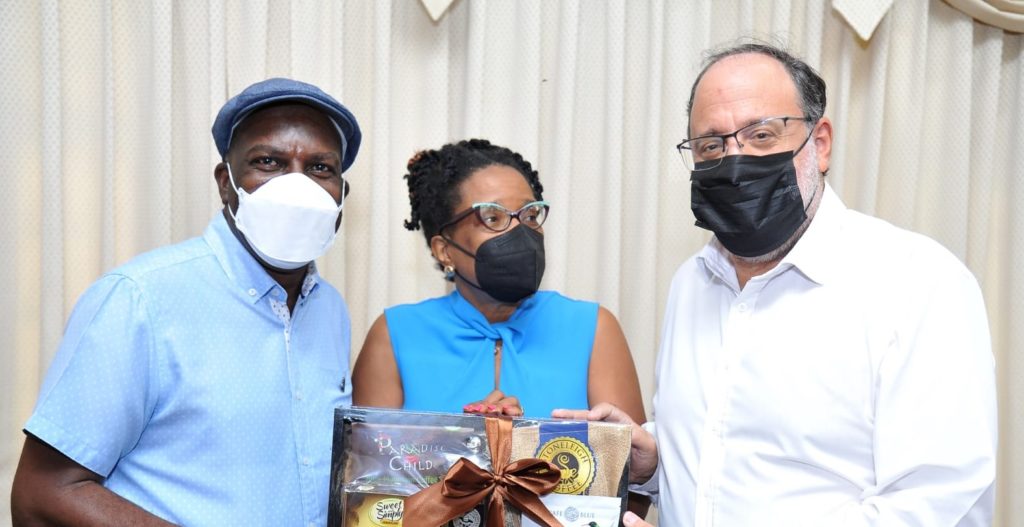
Paula Fletcher, Executive Director of the NRSC said it is heartening to see the decrease in road fatalities in 2024. “We are hopeful that this decrease will continue with the convergence of the various initiatives being undertaken by road safety stakeholders,” said Fletcher. “This includes the new Road Traffic Act which we expect will continue to have a positive effect, the enforcement activities of the police, and initiatives being undertaken under the United Nations Road Safety Fund.
Fletcher added that through the UN Road Safety Fund Programme being implemented by the NRSC in collaboration with PAHO, Jamaica will make progress with strengthening the breathalyser programme and critical improvements to emergency response. Additionally, the police have been supplied with tablets to use in the field, and laser speed guns to bolster efforts to curb speeding.
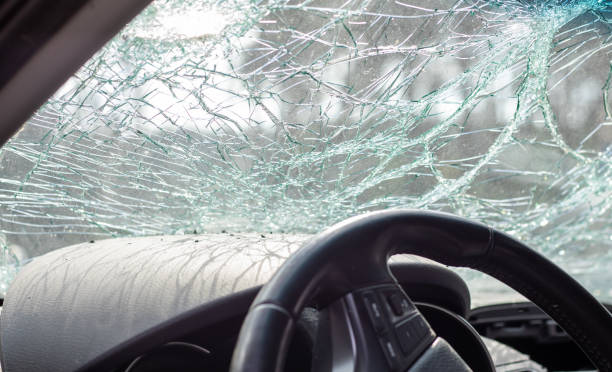
She noted that road crashes have long-term consequences for victims, their families, and the development of the country. This is a driving force behind Jamaica’s adoption of the World Health Organization’s (WHO) Safe Systems Approach, a guiding road safety strategy globally. The Safe Systems Approach is based on the need for safe roads, safe vehicles, safe speeds, and effective post-crash care. It recognises that human weakness and errors do happen and prioritises prevention measures.
Fletcher added that what is needed now is to continue to advance road safety work in Jamaica to reduce fatal crashes that can have disastrous consequences. “Public education campaigns, events, and activations need to be escalated to champion the message that road safety begins with every individual who uses our roads daily. It is hoped that WDR and the heartbreaking stories will be a catalyst for behaviour modification as we strive for real, sustainable change.”


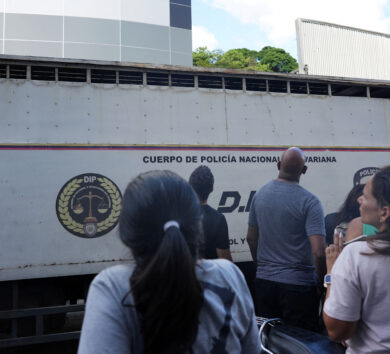




Comments